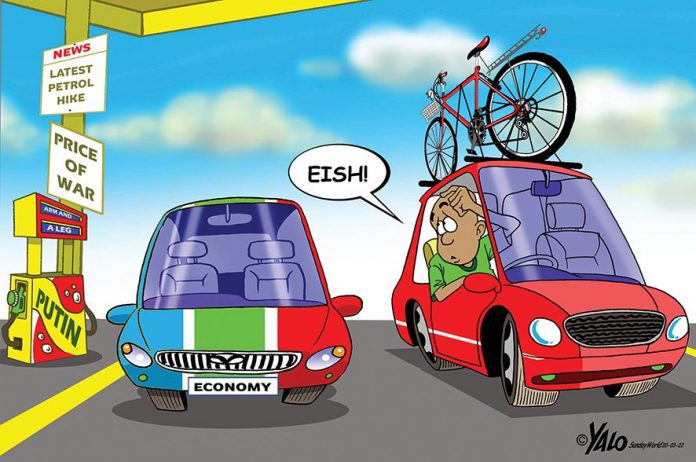Tomorrow marks 62 years since apartheid security forces mowed down throngs of unarmed demonstrators in the Vaal’s township of Sharpeville, killing an estimated 69 people in a massacre that left close to 200 people, including women and children, badly wounded.
Their only offense was to demand the rights they were denied by apartheid. They staged a peaceful march against pass laws in a formidable protest against being reduced to second-class citizens by a system that denied them equality and basic human rights.
The Sharpeville massacre is perhaps one of the worst crimes against humanity ever to be inflicted on the innocent people of South Africa by the apartheid government.
It was, therefore, a powerful and profound reminder of the past cruel injustice when South Africa’s founding democratic President Nelson Mandela chose Sharpeville as the venue to sign into law our country’s new Constitution and to recognize March 21 as (South Africa’s) Human Rights Day.
It is no small feat also that the United Nations chose March 21 as the International Day of the Elimination of Racial Discrimination.
Much as Human Rights Day is about a commemoration of the past apartheid injustices such as the Sharpeville and Langa massacres among others.
We do accept and appreciate that much has been done to create equal opportunities in many spheres of South Africa’s fabric of social structure where black people have previously been denied opportunities at the workplace, business, education, sport and culture, and many other spheres of life such as in freedoms provided for in the Bill of Rights.
We are, however, deeply troubled by the growing inequality between the rich and the poor in this country. It is scandalous, as the World Bank reported last week, that South Africa remains one of the most unequal societies in the world where the economy is in the hands of a mere 10% fat cats who control more than 80% of the country’s wealth.
Human Rights Day must be dedicated more on why there are so many failures that continue to remain a sore point and a hindrance to the realization of true human rights in this country.
The constitutional tenets of human rights values continue to be snuffed by a culture of unbridled fraud and corruption which permeates most of the hallways of political power while the vulnerable continue to be trapped in crushing poverty and joblessness as well as homelessness.
Human rights cannot be celebrated under conditions of fear where rampant crime and violent deaths, as well as a brutal violation of women and children’s rights, have become a pandemic in the society we live in.
South Africa must no longer spend Human Rights Day reminiscing about past political victories when hatred against foreign nationals and racism among ourselves remain some of the most crucial political and social challenges of our time.
We must use it as an occasion not to shout political rhetoric but as a moment to seriously reflect on our country’s social and political ills which undermine the very essence of human rights ethos.
Follow @SundayWorldZA on Twitter and @sundayworldza on Instagram, or like our Facebook Page, Sunday World, by clicking here for the latest breaking news in South Africa. To Subscribe to Sunday World, click here.




